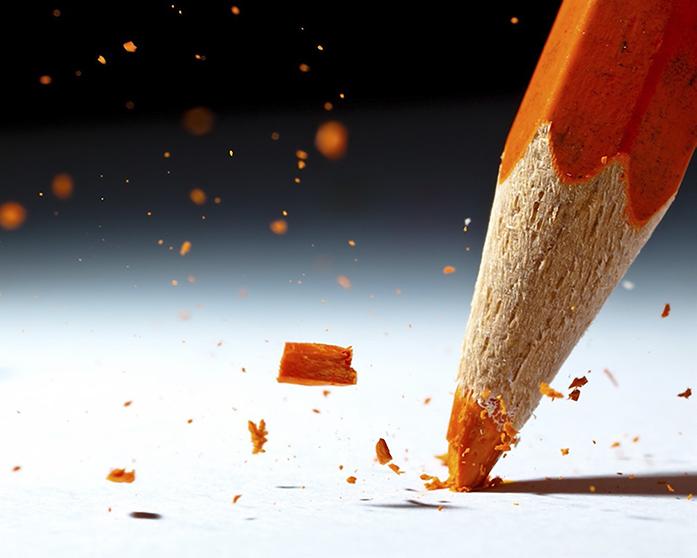This month, the Center for Afrofuturist Studies announced October’s artist-in-residence, Chicago-based conceptual artist Alexandria Eregbu.
By TESSA SOLOMON
If Afrofuturism escapes easy definition, so do the artists shaping the movement’s path.
There are perhaps few who do so as much as Chicago-based, Iowa-raised visual innovator Alexandria Eregbu, the October artist-in-residence at the Center for Afrofuturist Studies.
“We have always recognized the value of bringing in people from outside Iowa City to balance and bolster variety in our community,” Public Space One Director John Engelbrecht said. “Each artist brings their understanding and experience of the field and adds another voice to our community.”
Eregbu’s voice is that of a self-proclaimed “disciplinary deviant,” expressed through a variety of media, including found-object photography, installation sculpture, and physical performance.
“I think that one of the things that I try to be unapologetic about is that I don’t really have a tie or commitment to any one specific discipline,” Eregbu said. “I like the idea of my being able to move through [media]; if I feel like it, when I feel like it.”
Despite, or possibly because of, the fluidity of her work, a shifting, but ever-central narrative can be found.
“One thing that I constantly address is family health. I’m really interested in how my connection to family ancestry links to history, but then also how history brings back to the present and sometimes alludes to the future.”
Visualize her recent photography series, Black Object / White Smoke: found artifacts — a collection conceived at the axis of Eregbu’s Igbo-Nigerian ancestry and African-American identity — arranged atop an inky surface. Around the collage — faded family photos, Nina Simone record, wooden incense holder — pale smoke curls like organza ribbon. The fragments amount to a diasporic, but deeply realized, sum.
“I think that certain material and objects have a weight to them, based on their history, makeup, and I am really inspired by that,” Eregbu said. “I get inspired and curious about that 50-year-old photograph you might pull out, and how your grandmother may be able to talk for three hours about that picture.”
Family becomes an integral component of the conversation. She relates growing up in a household of artists, such as her great-grandfather who — despite a steady dismissal of the title photographer — developed family portraits in his self-constructed basement darkroom for decades.
Also a passionate curator and teacher, she’s in the process of curating Never Dreamt You’d Leave in Summer with budding black creative people of Chicago,
Eregbu illustrates a profound role in the Afrofuturist conversation of propelling the past into new directions while simultaneously reshaping the present.
“One of the things that I’m interested in exploring now is how artists of Chicago are exploring the Dada movement,” she said. “One of the reasons Dada came about was in relation to World War I, so my question now is, ‘What is the war I’m fighting for?’ ”



